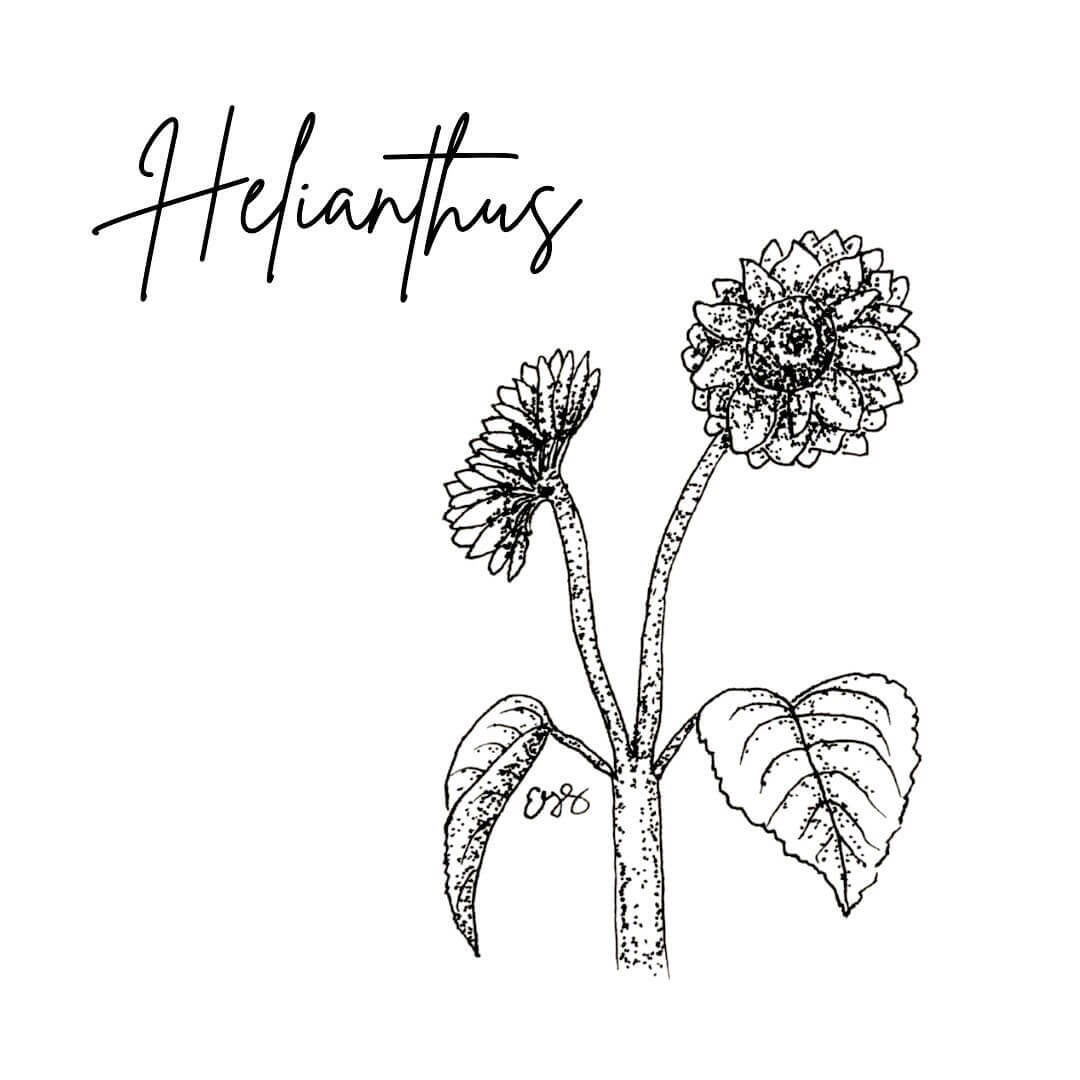Reflections from the Iris Respite House Healing Gardens March 2023

Have you ever stopped to think about your vitality, your get-up-and-go, and what influences it? If
you could measure your personal vitality level, where would it be? Webster’s Dictionary defines
vitality as “The property by which the living can be separated from the non-living.” I am definitely
among the living, and if you’re reading this, so are you. The Free Dictionary defines it as “The
capacity to live, grow and develop.” Got that too. And Oxford Languages defines it as “The power
giving continuance of life.” Check, thank God. My heart beats on. There are lots of factors that
can drive your vitality up or down: sleep (or lack thereof), exercise, prayer, meditation, creativity,
but one of the most reliable ones is nutrition. Good nutrition can influence vitality tenfold.
I understand, as much as anyone, that when you are busy, or overwhelmed, nutrition is one of the
first things to get sacrificed. If you’re a caregiver, I’m sure there are times when you find yourself
neglecting your own nutritional needs for the good of your care receiver. The great thing about
nutrition, though, is that if you take the time to prepare healthier meals, even just once a day,
benefiting from the built-in healing mechanisms within the food, it can be good for both of you.
Fresh fruits, vegetables and whole grains all carry with them varying levels of the 6 essential
nutrients our bodies need: carbohydrates, proteins, lipids, water, vitamins and minerals. Each
plant has its own nutrient profile. Each one requires careful tending and timely harvesting for the
best taste and nutritional value. Fresh out of the garden, they brim with vitality, facilitated by
something that plants do best: photosynthesis. Through photosynthesis, healthy soil and proper
watering, the plants we eat have harnessed the power of our sun’s life-giving energy, along with the
soil’s life-giving elements, to provide the essential nutrients the body can’t make for itself. When
you are able to eat freshly harvested, nutrient dense foods, straight from the garden, you are giving
your body a kind of gold, infusing your own vitality with some of the energy from our life
sustaining sun.
Think about a sunflower, our plant of the month. Sunflowers are famous for how the face of their
flowerheads follows the sun, drinking in its lifeforce, not missing a drop. In Greek mythology, the
story goes that Clytie, a nymph, loved Apollo (the sun god), and was jealous of his new love for
Leucothoe. When Clytie told Leucothoe’s father about his daughter and Apollo’s relationship, her
father buried Leucothoe alive. Angry, Apollo turned Leucothoe into a sunflower who continued
to adore him. She watched Apollo and his chariot move the sun across the sky each day, the same
way the face of the sunflower follows the sun. Sunflowers actually have many different meanings,
depending on the culture they grow in. In general, though, some of the more well-known ones are
vitality, longevity, loyalty, positivity and good luck.
For all my fellow gardeners out there, it is said that if you are growing sunflowers in the garden,
the gardener will have good luck. It is believed that if you cut a sunflower stalk at sunset while
making a wish, the wish will come true before sunset the next day. (I’m trying this!) And, it’s
believed if you put a sunflower under the bed, you will dream about anything you need to know
the truth about. That said, we grow some beautiful sunflowers at Hope Grows every year. This
summer, stop by at sunset, take a bouquet with a sunflower home to put under your bed, and then
come back and tell me all about your dreams.
Written by:
Jessica Giannotta
